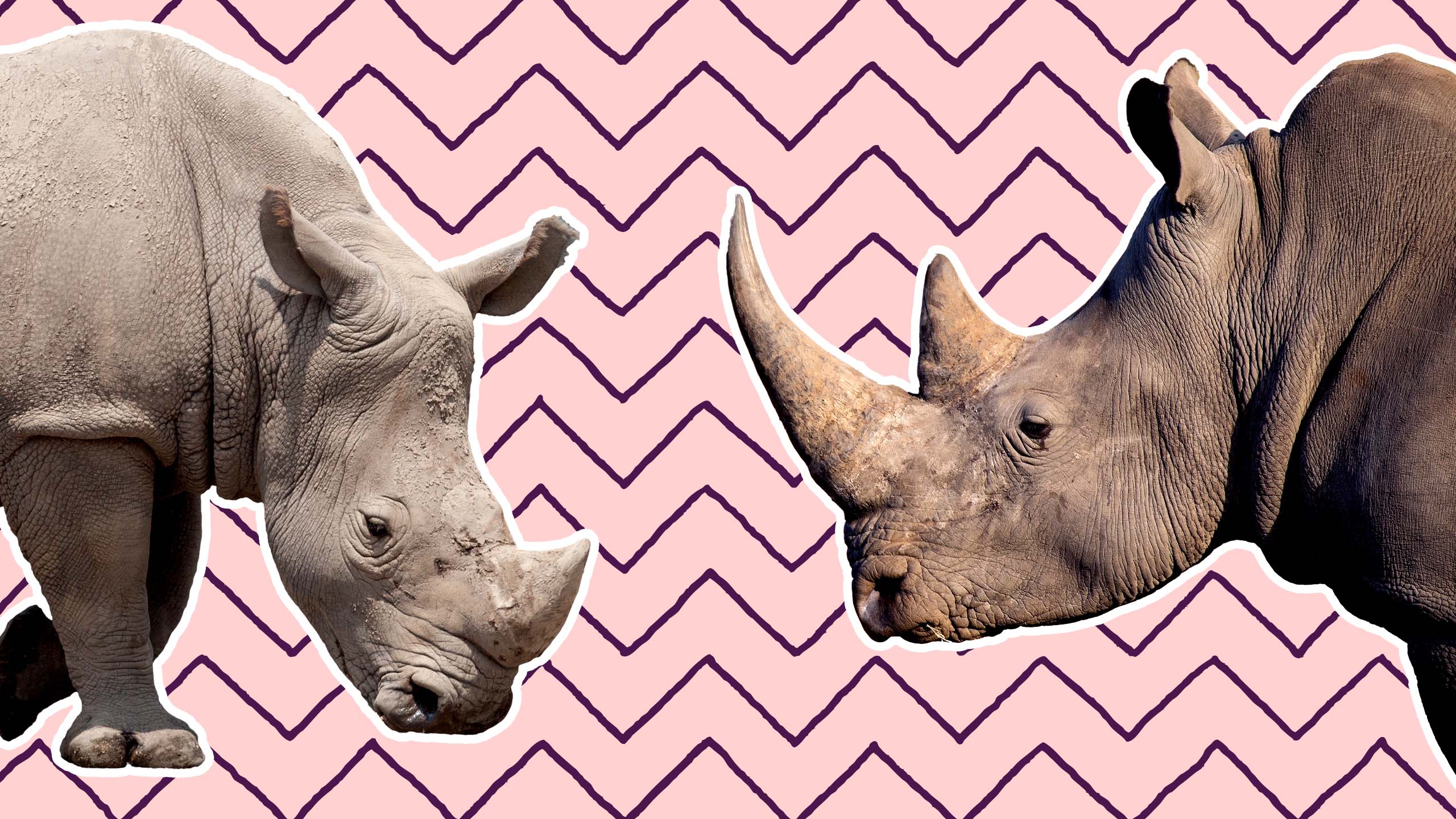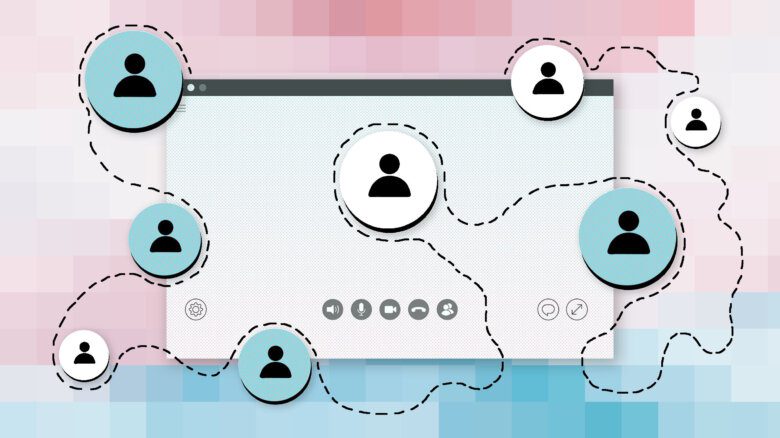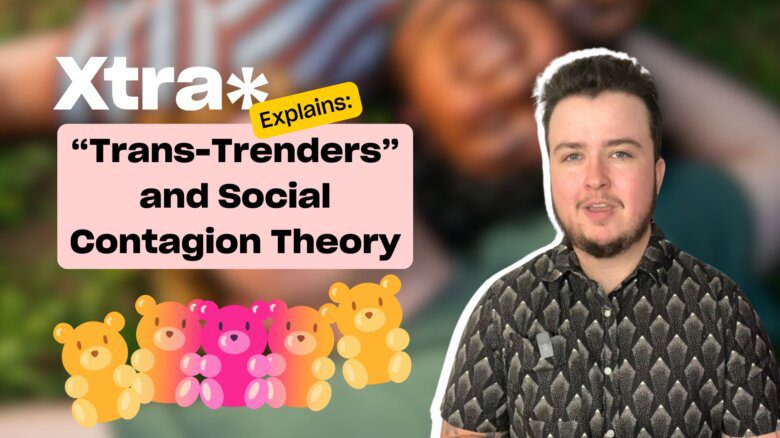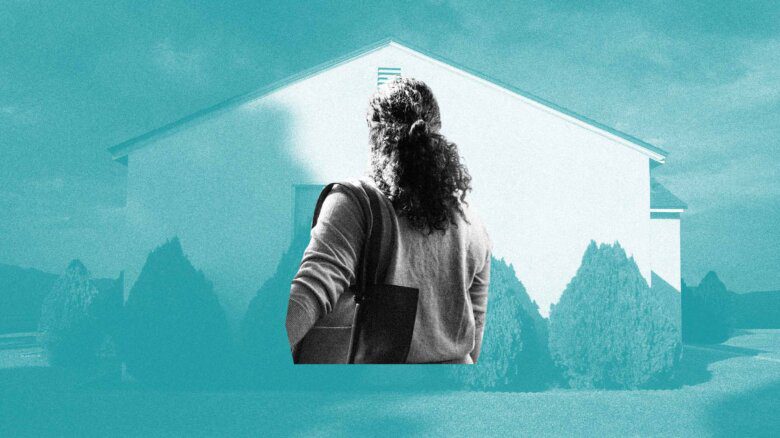“Ask Kai: Advice for the Apocalypse” is a column by Kai Cheng Thom to help you survive and thrive in a challenging world. Have a question? Email askkai@xtramagazine.com.
Dear Kai,
I’m wondering if you can help me with something I’ve been pondering for a while now. It’s regarding trans identity, trans rights and women’s rights, and the intersections/tensions between them. Before I launch in, I want to foreground this by saying I’m a trans woman (MTF), and I transitioned about seven years ago, at the ripe old age of 42. I’m proud of who I am, and I believe that we all deserve human rights. However, I must admit that I just feel quite confused about the current state of the discourse on trans rights.
I see myself as a biological male who lives socially as a female. I’ve also had some physical (medical) alterations to my body so that I can feel more at ease with myself. But I’m not ashamed of being biologically male, which just feels like a plain fact. I was born with “male genitalia,” developed male secondary sex characteristics in my teens like most male adolescents and I presumably have XY chromosomes (to be fair, I have never checked). I see myself as different from, but not any “less than,” cis women. Yet it feels like a lot of the trans community wants to reject these biological facts, and they will protest—often quite vociferously—if anyone opposes them. They say that there is no such thing as a biologically male body or a biologically female body. I don’t understand it. Can we not embrace scientific facts while also embracing trans rights? Why is it so challenging for our communities to answer the simple question: “What is a woman?”
And then there are issues like trans women entering women’s sports. It seems obvious to me that biologically male humans on average develop greater physical strength and speed than biologically female humans. Obviously, this is not true in every case, but I can see why some cis women might get upset that trans women could have an advantage. And given all the violence perpetrated by cisgender males in the world (again, this is a general trend; I know that not all men are violent!), I guess it just makes sense to me that cis women might want their own spaces. And it doesn’t bother me that they would not want me there, as long as I can also have spaces with my own community where cis people aren’t present, do you know what I mean?
I know that my words are inflammatory (though to be honest, I am still not fully certain why they should be). Sometimes it feels like if I’m not in lock-step with a certain kind of thinking, then I’m not “allowed” to be a part of the trans community or I am a “bad” trans woman. I am happy to admit when I am wrong. But I also want to be allowed to disagree. What do you think?
Bad Trans Woman
Dear BTW,
It takes a courageous heart to speak one’s mind in most circumstances, but particularly when our thoughts might contravene those of the people closest to us. I don’t think that this is unique to trans people, but rather a dynamic that we can observe in almost any tight-knit social group, whether that group is identity-based, ideological or otherwise: we develop collective views in order to explain our shared experiences and to create a sense of cohesion. When someone in the group breaks from the collective story, we feel threatened, and perhaps even betrayed. This is especially the case when the group is as historically marginalized as trans folks have been! All this to say, I welcome your questions, BTW, and your courageous heart, even where I may disagree with you.
To live in this world as a skilled social creature is to become adept at balancing multiple truths: we must first come into a sense of our own personal beliefs. Then, we must somehow find a way to integrate that with the perspective of the communities in which we live. And, finally, we must also contend with the truths of the people who are outside of our communities, and whose world views may be very different from our own. When it comes to trans identity and trans rights, BTW, how can you honour your own perspective while staying connected to your community?
I think it begins with acknowledging that the concept of gender and sex goes much deeper, and is far more complex, than biology, although biology is obviously an important aspect. You asked me why it is so challenging for us to define the word “woman.” This is becoming an increasingly popular question on the political right and among trans-exclusionary radical feminists as a sort of “gotcha” to use against the trans rights movement, as though the fact that it is hard to answer makes our identities invalid. Yet the truth is that the words “woman” and “man” mean many different things to many different people, and often they mean different things in different contexts as well.
For one, there is a supposedly biological distinction between men and women, and we call this “sex.” Yet even within this one context, there is wide variance: Do we define “women” and “men” based on their chromosomes? Gonadal sex organs? Secondary sex characteristics? Or is it some combination of all the above? How many biological markers of manhood or womanhood do you have to possess in order to be counted in either category? Do you have to have possessed them since birth, or can some be developed or medically added later on in life and still “count”? What about sex characteristics that we possess for a time, but later lose, like a body part removed by surgery or body hair that stops growing? You have one way of thinking about this, BTW, and I have another. It will depend on whom you ask.
Then there are supposedly sociological distinctions between men and women. We’ve all heard the stereotypes: that all or most men act a certain way, and all or most women act another. There is also the notion that there is an experience shared by “all” women and one shared by “all” men. Yet, of course, there is no consensus about what those particular behaviour patterns or experiences actually look and feel like—and there is also the fact that many people personally identify with a non-binary or gender-fluid experience rather than a male or female one. For every person you ask, there will be another variation, a spectrum of infinite shades that stretches so wide that it eventually becomes impossible to draw any final distinctions at all.
“Trying to define gender is a lot like trying to define God: It’s complex, mysterious and deeply personal.”
I have spent many years thinking, reading and talking about gender, and perhaps you have too. As far as I can tell, trying to define it is a lot like trying to define God: It’s complex, mysterious and deeply personal—even though there are plenty of people who will tell you it’s extremely clear-cut and you’re an utter fool if you don’t believe whatever version of the truth they espouse. And unfortunately, people in power have often gone to great and violent lengths to try and enforce their beliefs upon others; in the case of trans people, we have a long history of being imprisoned and even killed because the dominant culture decided that its beliefs were more important than our lives.
I believe that we must learn to live in a world where many personal truths about gender can be held at once, just as we must learn to live in a world where many personal truths about God (and other deities) can be held at once. What is essential is that even where beliefs may differ, the essential rights and freedoms of all are respected.
Here is where we get to the crux of the argument around trans women and so-called “women’s spaces,” from sports to bathrooms to crisis shelters. This decades-old debate has circled for years around whose rights and freedoms matter more: those cis women who are uncomfortable sharing space with trans women, or those of trans women who wish to participate in the public arena of sport, who need to have access to public washrooms and who need crisis housing?
When it comes to solving problems of human rights, BTW, I am always worried about approaches that can be boiled down to restricting the freedoms of a minority group (in this case, trans people) in order to uphold the comfort of the dominant group (in this case, cis people). The power of the dominant group is too easily used in unethical ways, and too easily justified by majority opinion—because majority opinions about minority rights are prone to errors in judgment.
In such cases, the dominant group often perceives its discomfort as a lack of safety: cisgender people may express feeling unsafe around trans people, rich people may say they feel unsafe around homeless people, white people may say they feel unsafe around racialized people. Yet who is truly unsafe in such situations? It tends to be the group with less power (that is, the minority group). In instances where rich people say they feel unsafe about homeless people, homeless folks have historically been put in jail or pushed off the streets. When white people say they feel afraid of racialized people, there have historically been ethnic cleansings, genocides, internments. And what has happened when cis women say they are afraid of trans women? Well, we have historically been labelled as mentally ill, deviant and unworthy of dignity and life.
I believe that holding multiple truths is more complex than simply holding all truths to be equal, BTW—because not all beliefs are equal in social status and social power. Cis women deserve to feel safe, but not at the expense of trans people’s dignity. The right-wing and trans-exclusionary feminists have often decried the inclusion of trans women in women’s sport and women’s spaces. Yet my question is, where are trans women meant to go? Are we to disappear from the public arena so that some cis women can feel better? I do not believe this is a morally tenable solution. Are we supposed to participate in trans-only washrooms, social services, athletics, for our entire lives? While I am often tempted by the idea, the segregation of marginalized groups has not borne out great results in the past.
Nor do I think that this needs to be a zero-sum game, BTW. I believe that when diverse truths live side by side, we are gifted the opportunity to grow wiser and more connected. While I may disagree with you, I do want to hear from you and learn from you. I don’t think that you are “bad” or unworthy of community support because you are raising hard questions. I want to share space and community with you, because I believe that all trans women are my sisters—even when they say things that make me uncomfortable. Even when we disagree.
I just wish that more cis women would feel the same about us.
Kai Cheng Thom is no longer a registered or practicing mental health professional. The opinions expressed in this column are not intended or implied to be a substitute for professional medical advice, diagnosis or treatment. All content in this column, including, but not limited to, all text, graphics, videos and images, is for general information purposes only. This column, its author, Xtra (including its parent and affiliated companies, as well as their directors, officers, employees, successors and assigns) and any guest authors are not responsible for the accuracy of the information contained in this column or the outcome of following any information provided directly or indirectly from it.


 Why you can trust Xtra
Why you can trust Xtra


